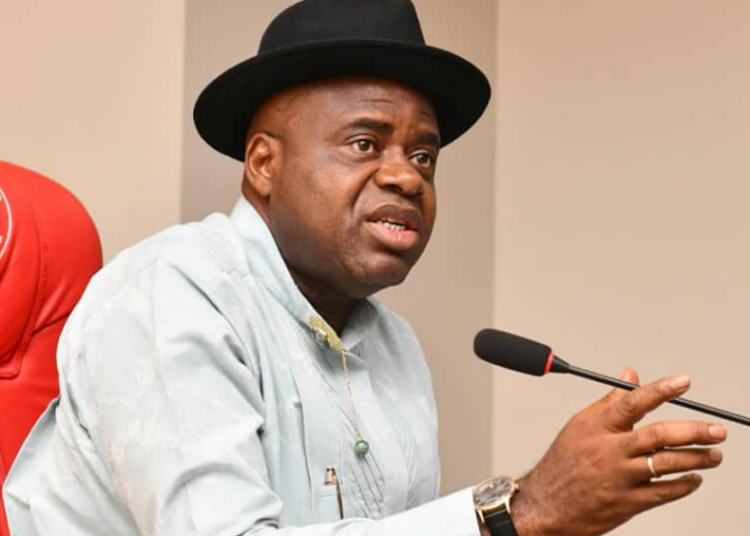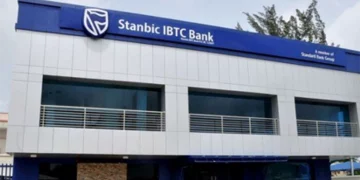The Bayelsa State governor, Senator Douye Diri, yesterday, presented a total budget of N689,440,348,916.30, christened, Budget of Assured Prosperity, for the 2025 fiscal year to the state House of Assembly.
Diri, who made the presentation during the plenary of the Bayelsa State House of Assembly, said that implementing the 2025 Budget will require some level of efficiency and synergy in government activities across ministries, departments, and agencies.
Giving the expenditure breakdown of the budget in some of the sectors, Governor Diri said the sum of N178, 761,880,407.32 was budgeted for Works and Infrastructure, Education N47,111,696,198.40 and Sports N37,850,000,000,00.
Others are Urban and Housing Development N13,680,000,000.00; Energy and Power N14,450,000,000.00; Agriculture N16,650,000,000.00; Security N19,000,000,000.00; Health N19,194,188,466.00 and Community Development N10,200,000,000.00.
The governor also noted that the overall outcome of the 2025 budget will significantly depend on the level of fiscal and recurrent policy coordination, adding that it was the desire of the prosperity government to pursue a robust development as enunciated in the Assured budget.
He said, “We have consciously crafted this 2025 budget in such a manner that we are mobilizing funds for human and capital infrastructural development initiatives, covering the seven core areas of the Assured Agenda, which are Agricultural rural revolution and blue economy; sports and youths development; security and peace; urban renewal and rural development; robust health care delivery; energy generation; economic growth and tourism; diversified education towards innovation and technology; by ensuring that our recurrent expenditure is kept within limits”.
Highlighting some of the projects and programmes executed under the 2024 budget of N489,433,632,374.32 and supplementary budget of N270,800,000,000.00, Diri said his administration has embarked on the continuation of the three senatorial roads, construction of internal road in Yenagoa, building of technical colleges in all local government areas, grants to tertiary institutions, economic welfare and wage award for civil servants and training of youths in agriculture for food security.




